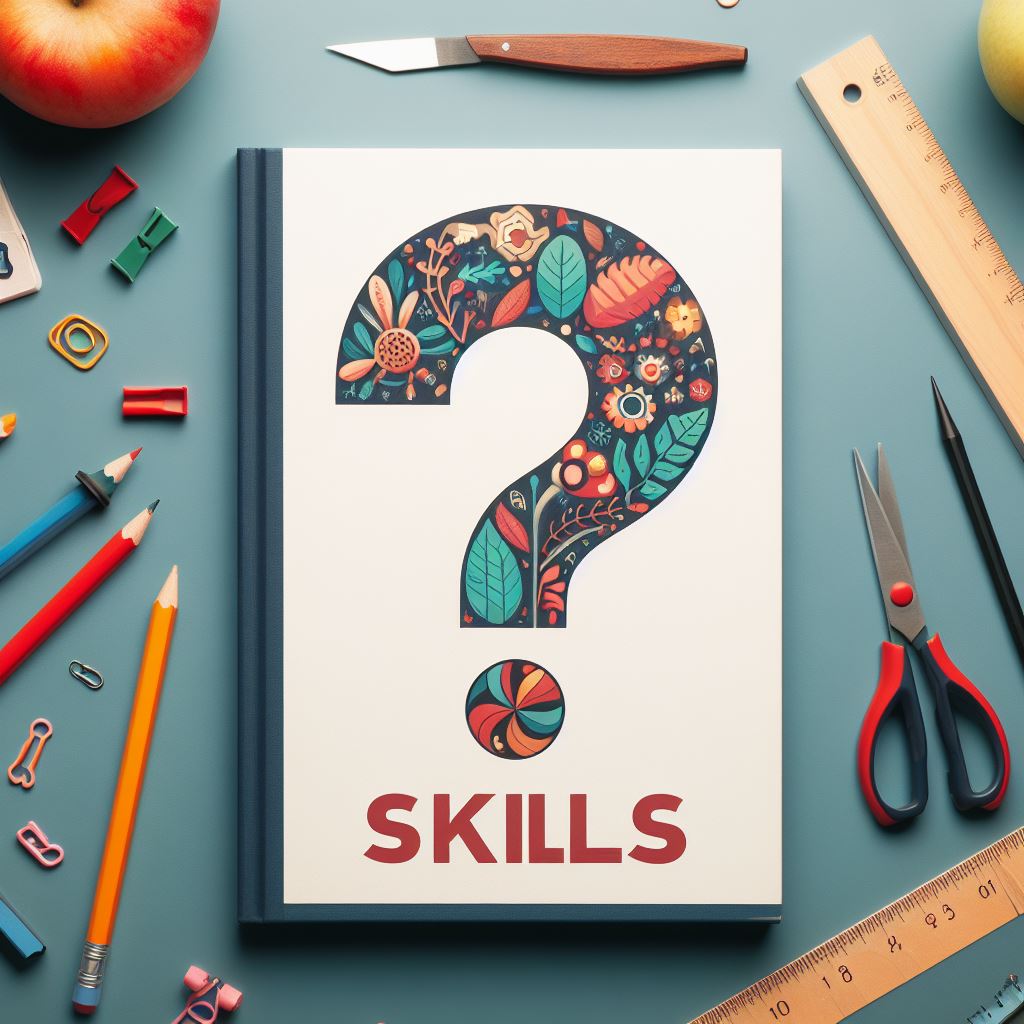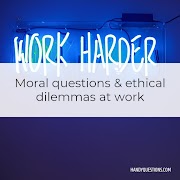Close-ended Questions: What Are They and How to Use Them

|
Closed-ended questions are a type of questions that have a limited number of possible answers. The most well-known closed-ended question is the 'yes' or 'no' question. But other questions in which the questioner gives a set of limited answers can also be thought of as closed-ended questions.
They usually need a short and clear answer and don't leave (much) room for detailed explanations.
In contrast, open-ended questions are those that don't limit you to a simple 'yes' or 'no.' (or other limited possible answers). They encourage people to give detailed and open answers, which can provide more information and a deeper understanding. The choice between closed and open questions depends on the situation and what you want to achieve in your conversation.
Asking an closed-ended questions is therefore not always bad.
Closed-ended questions are sometimes also called Closed questions.
Examples of Closed-ended Questions:
- "Is the weather sunny today?"
- "Did you finish eating your dinner?"
- "Are you prepared for the presentation?"
- "In what month were you born?
Advantages of Closed-Ended Questions:
- The advantage of using closed questions is that they're often quick and easy to understand.
- You can get important information fast and expect clear answers. This is especially handy when time is limited or you need precise responses.
- Closed questions can more easily be analyzed
Disadvantages of Closed-Endd Questions:
- Closed questions also have some downsides. They don't encourage in-depth discussions or sharing personal opinions.
- Sometimes, they might seem too strict or limit the range of answers you can receive.
- Some closed questions are impossible to answer correctly without confusion ("Did you buy the drugs a long time ago?" (when you have never bought drugs before). This is called a leading question.
See also: Open-Ended Questions: What are They and How to Use Them





